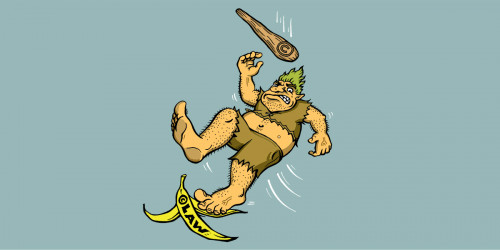While a nearly infinite quantity of web ink has been spilled on the copyright issues raised by Google's Library Project (formerly Google Print), there have been few good resources that concisely summarize the positions of both sides.
Jonathan Band, copyright lawyer and author of one of the best early analyses of the legal issues, has now prepared an excellent overview of the arguments [PDF] on behalf of the American Library Association's Office for Information Technology Policy.
It's a great resource for those trying to understand the copyright law issues involved, without having to digest 200 blog posts on the subject.








